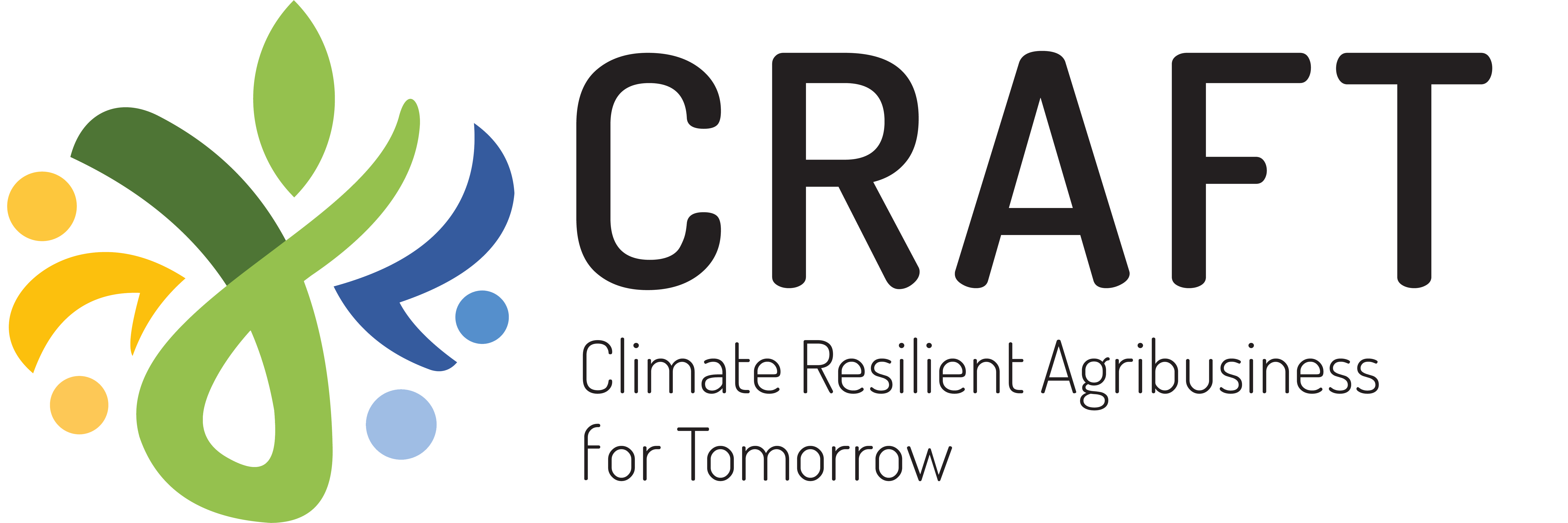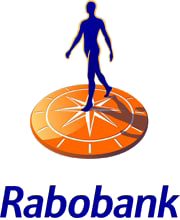Sunflower (Helianthus annuus L.) is a plant well known for its yellow petals. They grow best with the right weather conditions and boost farmers’ incomes when produced optimally. However inefficient agricultural practices, lack of market access, and climate change contribute to its low productivity.
Alito is training small holder farmers on climate-smart agriculture using the farmer field schools and the demonstration gardens strategy. As a result, the approach is stimulating further community adoption beyond the targeted farmers. Furthermore, the company is availing post-harvest-handling equipment such as tarpaulins, motorised threshing to assist in reducing crop harvest losses. Alito is ensuring the targeted 5,500 small holder farmers (SHFs) receive climate-resilient and sustainable seeds such as the Maksoy (3N & 5N) varieties.
Key Interventions
- Enhance the capacity of 5,500 smallholder farmers to improve soybean output by 15% through climate-smart agronomy, linkages to input suppliers, and mechanized farming by 2022.
- Improve resilience to climate Change amongst targeted farmers through the promotion of appropriate climate-smart agricultural practices.
- Improve efficiency in soybean inputs delivery, agronomy, and markets access
- Improve business turnover by at least 10% through developing new market channels and increasing volumes of soybean marketed.
About the Business Champion
ALITO is an edible oil seeds company specializing in the production and supply of soybeans, sunflower, and Sesame (simsim). The company started in 1998 as a Community-Based Organization (CBO) based in Kole district-Northern Uganda. Since its founding, the membership of ALITO has grown with members spread across ten districts in the region; and continues to attract more business investment.
With a commitment to farmers, ALITO currently works with close to 2,000 smallholder farmers (SHFs) and seeks to scale its network of farmers to 5,500 in the next three years.
Sesame is a tiny, oil-rich edible seed with great nutritional benefits and commercial potential for farmers. When produced in sizable volumes, access to the market from premium processing industries is possible. However, insufficiencies in production, post-harvest handling, and erratic changes in climate, discourage impactful investment for the sector.
Nyekorac Farmers’ Cooperative Society Ltd, a CRAFT Business champion, is not letting this challenge deter its community from progressing. The company is tirelessly enabling its farmers to adopt climate-smart sustainable production methods for Sesame and linking them to sustainable markets.
Nyekorac is also establishing demonstration plots, where farmers will receive training on climate-smart agricultural practices. Such skills will increase productivity and make producers more resilient to climate shocks.
Furthermore, with a 40% post-harvest loss rate in sesame, Nyekorac deems it necessary to train smallholder farmers in post-harvest handling best practices. In addition, the company is providing drying tools and materials such as tarpaulins and hermetic storage facilities (Plastic and Metallic storage containers). These will maintain the quality of sesame grain that the market demands.
Through its partnership with National Semi-Arid Resources Research Institute (NaSARRI), NaSARRI sesame seed breeders, the cooperative is training selected lead farmers as seed multipliers. This strategy will ensure farmers have sufficient seed input for planting.
Key Interventions
- Enhance the capacity of 3,100 smallholder farmers to improve sesame output by 15% through climate-smart agronomy, linkages to input suppliers, and mechanized farming by 2022.
- Improve resilience to climate Change amongst targeted farmers through the promotion of appropriate climate-smart agricultural practices.
- Improve efficiency in soybean inputs delivery, agronomy, and markets access.
- Improve business turnover by at least 10% through developing new market channels and increasing volumes of soybean marketed.
About the Business Champion
Nyekorac is a youth-led and member-owned farmer organization registered with the Ministry of Trade, Industry, and Cooperatives. The company has four full-time staff that occupy a multiplicity of roles to support its growth. Then its membership of 3,000 farmers is grouped into a 30-member Rural Producer organization (RPOs) for production efficiency.
Although Nyekorac produces other crops such as soybean, common beans, maize, and cassava, its highest revenue is from sesame. In meeting the required demands of the crop, the company trains farmers, offers storage and identifies markets for sesame, not only in the districts of Lira, Alebtong, and Oyam, but the entire Lango sub-region.
Okeba is promoting the adaptation of climate smart agriculture practices and technologies to foster yield transformation at the farm level. It is providing climate-resilient and sustainable seed varieties (Maksoy 3N), by linking farmers to BAGEZA SACCO for seed loans, to ensure all acquire the needed seed to produce soybean. Additionally, farmers are getting soil testing services to assist in understanding the mineral deficiencies of their productive lands.
Acila Enterprises Limited is training smallholder farmers to improve soybean production. The selected farmers are trained in climate-smart agriculture and provided with tractor services at subsidized rates. In addition, they receive climate tolerant and reliable seeds (Maksoy 3N varieties), soil testing services, as well as training in crop rotation and safe use and application of fertilizers.
The CRAFT-supported smallholder farmers are also skilled in post-harvest management, provided with equipment such as tarpaulins and pics bags; and linked to the National Meteorology Authority—a government authority that keeps them informed about new climate developments that have an impact on agricultural production.
Key Interventions
- Enhance the capacity of 5000 smallholder farmers to improve soybean output by 15% through climate-smart agronomy, linkages to input suppliers, and mechanized farming by 2022.
- Improve resilience to climate change amongst targeted farmers through the promotion of appropriate climate-smart agricultural practices.
- Improve efficiency in soybean inputs delivery, agronomy, and market access
- Improve business turnover by at least 10% through developing new market channels and increasing volumes of soybean marketed.
About the Business Champion
Acila is a leading Agro-based small and medium-scale enterprise (SME) in the Teso and Karamoja region. Established in 1996, Acila is fully registered and committed to improving farmers’ capacities and household incomes. Its operations centre in farm inputs, grains, veterinary services, seed multiplication, group mobilization, training, and value addition. Through its products and timely services, Acila is achieving set objectives and expanding business operations.











